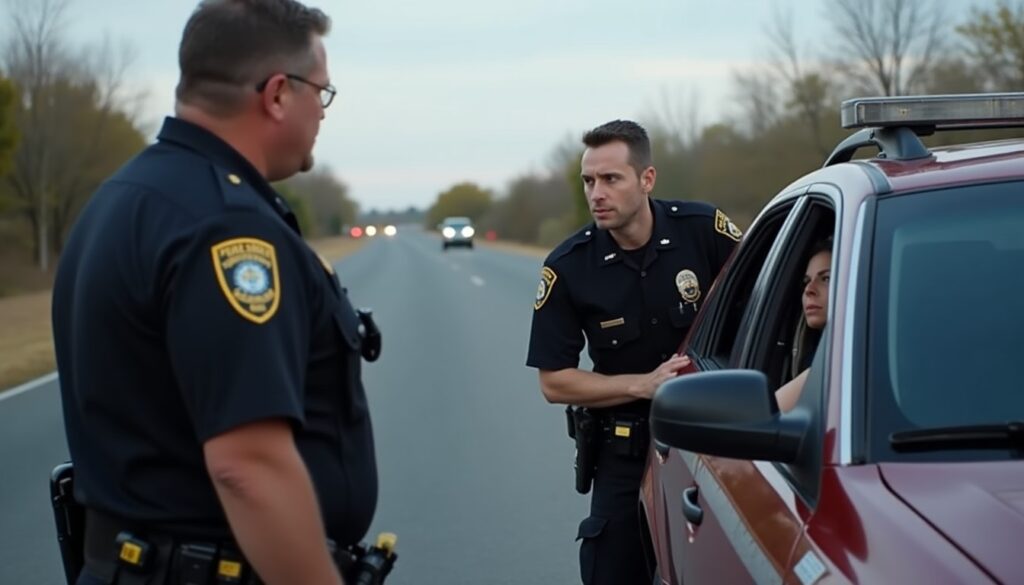
A recent Wisconsin Court of Appeals decision provides crucial insights into your rights during traffic stops and when police can request field sobriety testing. The case, State v. Ertl, addresses important questions about police authority and individual rights that every Wisconsin driver should understand.
The Traffic Stop
The case began when police received an anonymous tip about a “reckless driver” and subsequently observed the driver crossing lane lines multiple times. After initiating a traffic stop, the officer quickly asked the driver to perform field sobriety tests, even though he hadn’t initially noticed any signs of intoxication. Only after the driver agreed and stepped out of the vehicle did the officer observe traditional signs of impairment like slurred speech and the odor of alcohol.
Click here for information on a First Offense OWI in Wisconsin
The Court’s Decision
The Court of Appeals upheld the conviction, making several important points about traffic stops and field sobriety testing:
- Police can request field sobriety tests even without initially observing signs of intoxication, provided the request doesn’t unreasonably extend the traffic stop.
- A single request to perform field sobriety tests, made within the first minute of a traffic stop, does not impermissibly extend the stop’s duration.
- When a driver consents to field sobriety testing, any extension of the stop resulting from that testing is considered voluntary.
Why This Matters
This decision highlights several critical points for Wisconsin drivers:
- Even brief traffic stops for minor violations can quickly escalate into OWI investigations
- Police have significant latitude in requesting field sobriety tests
- Your consent to testing is voluntary, but refusing may have other consequences
- The timing and duration of police requests matter in determining their legality
The case also emphasizes the complex interplay between traffic violations, police authority, and individual rights. While police have broad authority to request field sobriety tests, they must still operate within constitutional boundaries regarding the duration and scope of traffic stops.
If you’re facing OWI charges stemming from a traffic stop, it’s essential to have experienced legal representation that understands these nuanced legal principles and can evaluate whether your rights were properly protected throughout the encounter.
Our Practice Areas
Drunk Driving
Whether you are charged with a first offense, or a fifth offense, our Wisconsin OWI attorneys can help.
Violent Crimes
A conviction for any one of Wisconsin's violent crimes will have significant consequences.
Drug Charges
Our Wisconsin Drug charge attorneys know the law and how to apply that law in the court room.
Domestic Violence
A conviction for a domestic violence charge in Wisconsin has additional consequences.
Property Crimes
Wisconsin property crimes include theft, forgery, and criminal damage to property.
Sex Offenses
Not much will change your life like a conviction for one of Wisconsin's sex offense charges.
Traffic Citations
Although less serious than a criminal charge, a traffic citation can effect your driver's license.
